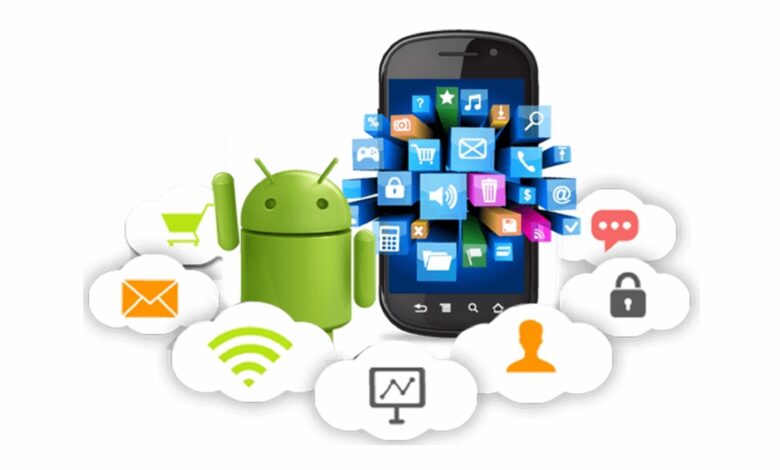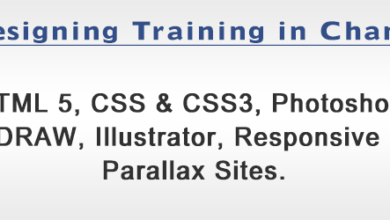The Future of Android App Development: New Tools and Android Developer Services

In the intriguing world of Android app development, there are several chances. We can anticipate many exciting trends due to the rapid improvement of technology and the extraordinary surge in demand for mobile applications.
In summary, below are a few of the main trends likely to affect the future of Android mobile app development:
- Machine Learning (ML) and Artificial Intelligence (AI)
AI and ML are employed in a wide spectrum of mobile apps, and their strength and competence are expanding. AI and machine learning may improve the user experience in various ways, including personalized.
Chatbots, for example, that can assist users and answer their questions can be powered by AI. ML can recommend products or services to people based on their previous behaviour. AI can also detect fraud in real-time, such as when credit card fraud is attempted. suggestions, real-time support, and fraud detection.
- 5G
The next era of mobile networks, or 5G, is said to have a shorter duration and higher throughput than 4G. This will enable Android mobile app development company developers to create dynamic and immersive mobile experiences.
- IoT (Internet of Things)
Mobile app developers now have more chances because of the Internet of Things (IoT), which combines billions of devices. IoT devices can be used to pile data, control equipment, and give personalized experiences to customers.
- Development on several platforms
Cross-platform development is gaining popularity. Building apps that run equally well on Android, iOS, and web platforms at the same time not only reduces strain but also stretches financial resources further. Furthermore, with such a large database of potential users available through various channels, reaching a larger audience has never been easier or more cost-effective.
There are cross-platform development frameworks available, such as React Native and Flutter. These frameworks simplify creating apps that feel and look native on any device.
You have recently understood the main trends likely to affect the future of Android mobile app development. You must be thinking about Android mobile app development tools.
Android App Development Tools You Should Know
There are various tools available for Android mobile app development, including the following:
-
Android Studio:
Android Studio is the official IDE for building Android. As a result, when it comes to designing Android applications successfully and efficiently, it is advisable to use the simplest tools available. In this case, it’s an Android Studio bundle! Android Studio provides a code editor, a debugger, a profiler, and a number of additional tools for developing Android apps.
-
Android SDK:
The Android SDK is a set of tools Android mobile app development company developers require to create Android apps. The Android SDK Platform, the Android SDK Tools, and the Android SDK Documentation form integral components within the SDK. It furnishes developers with the APIs needed for creating Android apps, while the SDK Tools equip developers with various resources for constructing, testing, and debugging Android apps. Moreover, the SDK Documentation serves as a repository of information enlightening developers about the Android SDK and its associated APIs.
-
Android NDK:
The Android NDK is a suite of mechanisms developers can use to write native code for Android apps. Native code is written in a platform-specific language like C or C++. The Android NDK allows developers to access native Android device components such as the camera and graphics technology.
You must be thinking about some other tools to be used for Android mobile app development.
Other tools, in addition to these, can be utilised for Android mobile app development. Some of these tools are:
-
Graphic design tools:
Graphic design tools can be used to develop graphics for Android apps. Examples of popular graphic design programs include Adobe Photoshop, Illustrator, and InDesign.
-
Testing tools:
Android apps can be tested using testing tools. Espresso, Robotium, and Monkey are among popular check-out machines.
-
Version control tools:
Version control tools are useful for tracking changes to Android apps. Git and Subversion are two prominent model management tools.
Deployment equipment:
Users employ deployment equipment to configure Android apps for the Google Play Store. Notable deployment tools encompass the Android SDK Manager and the Android Debug Bridge (ADB).
Depending on the project’s specific requirements, several tools will be employed to develop Android mobile applications. Nonetheless, with the abovementioned tools, any effort to create an Android mobile app can get off to a great start.
What are the differences between iOS and Android development?
The two most well-known mobile operating systems worldwide are iOS and Android. Both platforms have advantages and disadvantages. IOS is well-known for its clean design and emphasis on user experience. Android is well-known for its adaptability and openness.
The app’s requirements determine the best platform for developing mobile applications.For a broad audience, one might prefer iOS. Conversely, if targeting a specific market, choosing Android could be preferable
conclusion
The future of Android mobile app development is full of exciting possibilities, with AI, 5G, IoT, cross-platform development, and PWAs leading the way. Developers may utilize artificial intelligence and machine learning to improve user experiences, while 5G allows for more engaging and immersive mobile apps. If you are, Consider making your mobile app. If so, a mobile app development company in Canada can help you.



